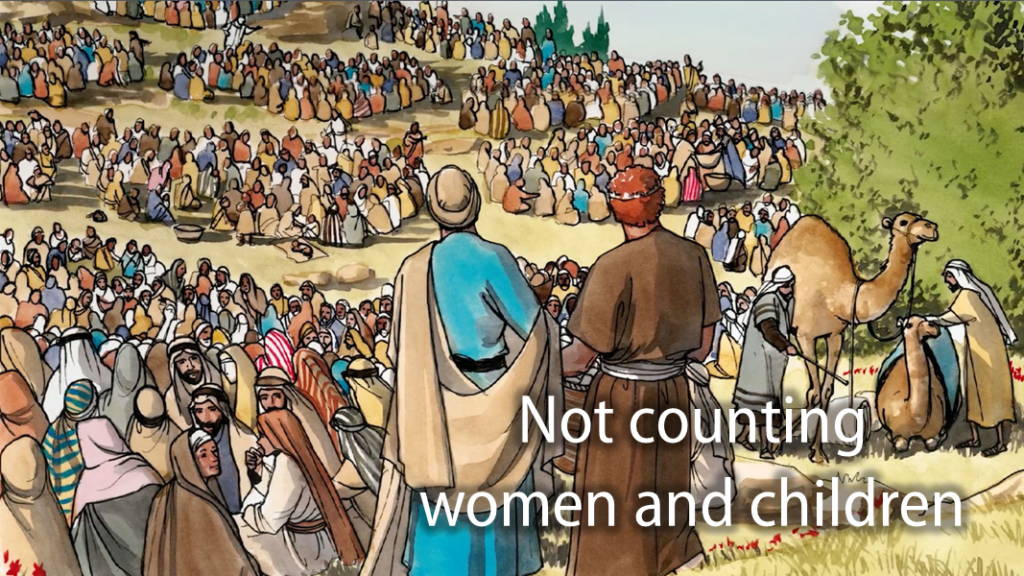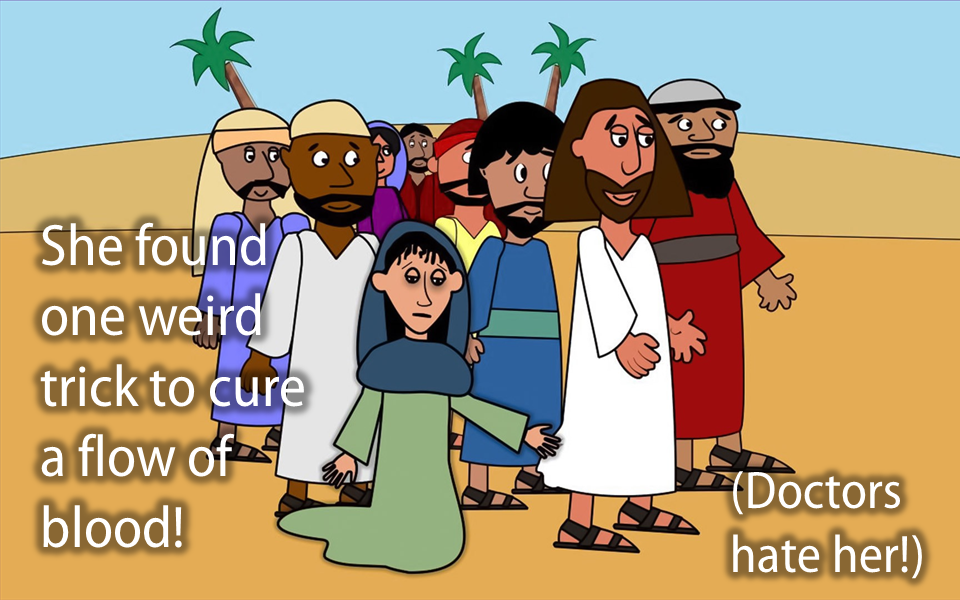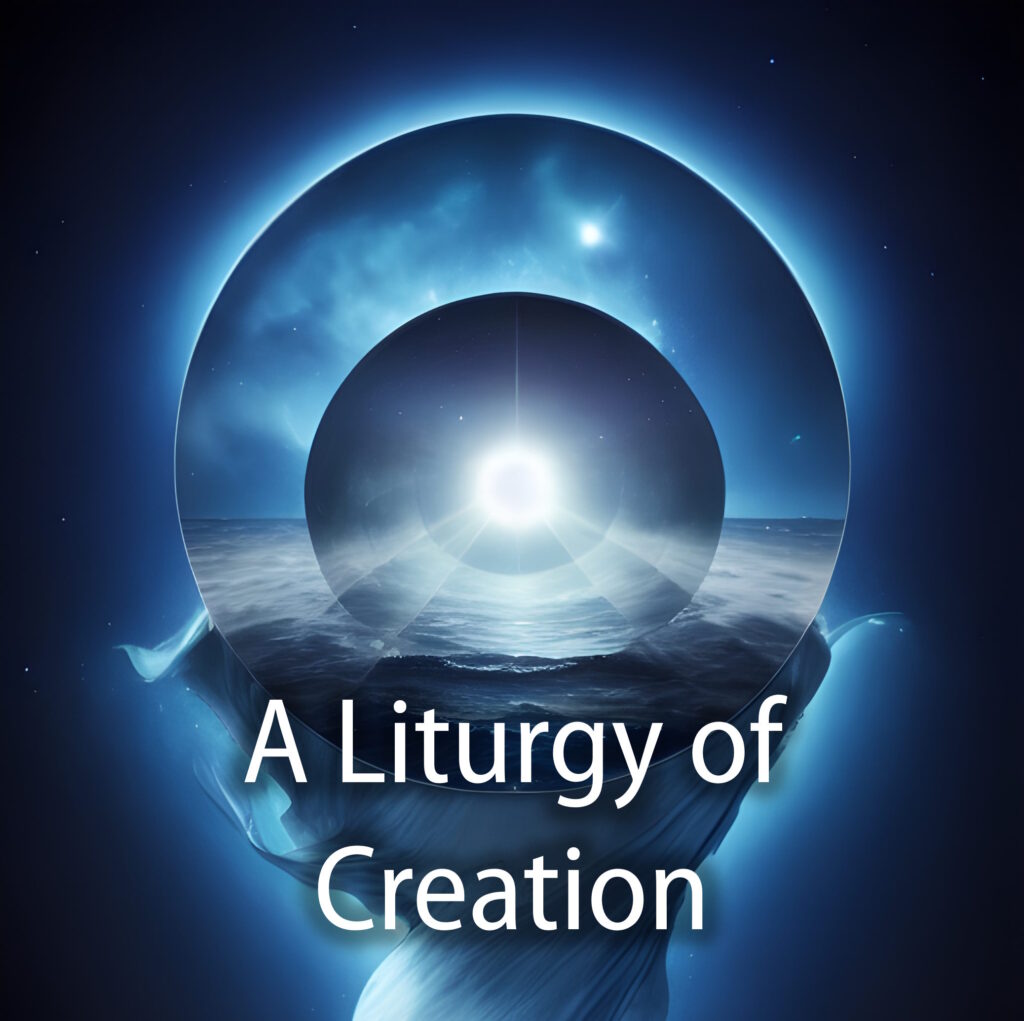Hespeler, September 10, 2023 © Scott McAndless – 15th Sunday after Pentecost
Ezekiel 33:7-11, Psalm 119:33-40, Romans 13:8-14, Matthew 18:15-20
Today is the effective beginning of a new year in the life of St. Andrew’s Hespeler Presbyterian Church. I mean, that has always been true of the first Sunday after Labour Day, but in many ways, it feels especially true today because this September 10th comes at the beginning or rebirth of many things.
It comes after we have completed a process, working with Cathy Stewart as our coach, in which we have taken a hard look at where we are and come up with plans for where we need to go. We effectively begin to implement many of those plans today.
A Restart
It is also the Sunday when we begin to enthusiastically restart a number of things that lapsed during the chaos and difficulties of the last few years – things like regular worship assistants, Sunday School and childcare and we will soon see more action from the choir benches. This is part of an exciting rebirth in many ways.
But I was just thinking that this might also be a good time to pause, take a bit of a breath and talk about what is essential to the church. I can’t help but feel, after all, that one of the things that has made recent years so difficult is that people have certain expectations of the church that we haven’t always been able to fulfill.
It just isn’t church for me
What I mean is that people have been saying to themselves that they don’t want to go to church or aren’t ready to come back yet because, as they might put it, “Well, it just isn’t church for me if we don’t have x.”
And of course, that x is a variable that might be different for different people at different times, but I suspect that all of us have a few x’es. A big one early in the pandemic for many people, for example, was, “It is not church if we can’t all be together in one place.” I suspect all of us felt that one to a certain extent.
But there are many others that we have felt keenly as well. “It is not church if there is no Sunday School, if the choir doesn’t sing, if there isn’t organ music, if there is no stained glass, if the preacher doesn’t dress a certain way, if there aren’t a sufficient number of people there, if there is arguing or fighting, if… if… if…” And the list can go on and on and on, right?
And I am not denying any of those feelings. If you are having a hard time being in a church that isn’t quite what you were expecting or hoping for, those are valid feelings. But, at the same time, if we are missing something simply because it is comfortable or familiar or brings back positive nostalgic memories, that doesn’t necessarily mean that such a thing is essential to the very nature of the church.
What would Jesus say?
So, let’s ask the question. What really does make a church a church? When Jesus looks at what we call a church, does he ever say that’s not a church because it’s not a church if it doesn’t have x? And what is that x for Jesus?
The New Testament, especially in the Book of Acts and the Letters, obviously has many things to say about the church. But I am specifically interested today in what Jesus has to say – particularly what he says during his life and ministry. That has got to be a reflection of what is most essential, right?
Little in the Gospels
Well, it turns out that, if you look through three of the gospels, Mark, Luke and John, Jesus actually doesn’t say anything at all. The word “church” (the Greek word ecclesia) does not ever appear in any of those gospels.
And that is not really that surprising when you think of it. The church didn’t even exist yet during Jesus’ life. And, in those gospels at least, there is no indication that Jesus even anticipated it. Jesus clearly states over and over that he has come to announce the arrival of something else, the kingdom of God, which may have some things in common with an ideal church but is clearly not the same thing.
Jesus’ Response to Peter
The word church does appear three times, however, in the Gospel of Matthew, twice in the passage we read this morning and once two chapters before this one. The first time comes after Simon Peter gives an important answer to Jesus’ question, “Who do you say that I am.” When Simon answers him by saying, “You are the Messiah, the Son of the living God,” Jesus says to him, “I tell you, you are Peter, and on this rock I will build my church, and the gates of Hades will not prevail against it.” (Matthew 16:18)
And right there we see a couple of things that are truly essential about the church. We see, first of all, that the church has one rock or foundation. That foundation is not, as far as I can see, the person of Simon Peter so much as it is the content of what he has just confessed. Jesus is saying that the church is built on the rock of the confession of Jesus as Lord, Messiah and Son of God. There is, of course, nothing more essential to the church than that and if we don’t have it, we don’t have a church.
The Gates of Hades
And then there is the business of the gates of Hades. When Jesus says, “the gates of Hades will not prevail against it,” that is a symbolic way of describing what the church is supposed to be doing in this world. Hades, as you may recall, is the name of the Greek god of the dead. But Hades was also the name of the kingdom that the god ruled over, the place where, in Greek mythology, the souls of the dead went after death.
So, you have to wonder why Jesus would say anything based on Greek mythology. I know that sometimes people have taken this as Jesus saying that the central role of the church is to take on the power of evil in the sense that the church is supposed to be storming the gates of hell – taking on the forces of evil firsthand. But Jesus doesn’t say hell, he says Hades, which is probably the Greek translation of the Hebrew concept of Sheol. He is simply referring to the power of death and its dominion, not evil as such.
Opposing the Power of Death
So, I would say that the second essential to the church is that it stands in opposition to the powers of death in this world. It is to be an enduring witness that that death is not the final word and that its power has been defeated once and for all.
So far, therefore, we have learned that Jesus taught that the church is to be founded upon the confession of Christ and that it is to bear witness against the power of death. These are very important essentials that we must never lose sight of.
The Only Other Place
But let us turn now to the second saying about the church, the one that we read this morning. This is the only other place in the New Testament where the word church is found on the lips of Jesus in the gospels. And they offer a very interesting perspective on what is essential about the church.
This passage is interesting because it is all in the context of the church not quite getting along together. Jesus starts by saying, “If your brother or sister sins against you…” He takes it for granted that there will be arguments and disagreements and that people will act against others within the life of the church.
The Unity of the Church
That is actually a rather odd assumption to find in the New Testament which often tries to communicate the opposite. The Book of Acts, for example, which offers an account of the early church, goes out of its way to present the church as being remarkably unified. “Now the whole group of those who believed were of one heart and soul,” it says at one point. (Acts 4:32) This sometimes sets us up with an expectation that the church is supposed to be this place where we always get along and where we will always see things the same way.
Jesus Expect Conflicts
But Jesus clearly doesn’t have that expectation of his followers. That’s because he knows that the church is going to have to be a place where people aren’t going to be afraid to be themselves, to speak even difficult truths. This will necessarily lead to disagreements, to fights, to people getting hurt and maybe even intentionally hurting others, thus sinning against them.
And so, Jesus offers methods for the church to constructively work through these things – methods that are indeed very useful and helpful and that we really ought to employ more consistently. But the implications of that are very clear. The church is not intended to be a place where we are merely nice to one another, but a place where we are not afraid to have the truly difficult conversations because we actually love one another.
Two or Three
But there is one more thing in what Jesus says about the church here that is even more important. I hope you don’t miss it. There is an underlying assumption about the nature of the church that I think we cannot afford to miss.
You cannot read this passage without noticing that a couple of words are repeated several times. Those words are “two or three.” He speaks of two or three witnesses in a dispute, two or three people gathering and of two people agreeing. In fact, I suspect that the reason why the author of this Gospel has gathered all of these sayings of Jesus together here is because they all contain those numbers.
And this tells us a great deal about the church that the Gospel of Matthew was written for, and about what Jesus might have anticipated about the future of his movement.
Our Expectations Around Numbers
We seem to have all kinds of expectations regarding the church when it comes to numbers. In fact when people say, “Well, it just isn’t church for me if we don’t have x,” the x often has something to do with numbers. There just seems to be an expectation that a certain number of people is essential in order for there to be a church and that until your church reaches a critical mass, it is just not really a church.
Now, I am not saying, of course, that numbers don’t matter. There is no question that the number of people in a church definitely contributes to what it can do, the impact it has and the programs it can carry out. Of course, we want to see more people participating in the life of the church. What’s more, I expect that we will as we are faithful to carry out our mission and ministry.
How We Prevent Growth
But the irony is that when we begin to define the essence of the church in a way that requires certain numbers, we can actually prevent that kind of growth from happening.
To put it in the simplest mathematical terms possible, if people fall into thinking that a church is not really a church unless there are more than, say, 10 people there, you just guaranteed that the church will never grow to that point. I’m not going, people will say, because there are only nine people there. It’s not a real church.
The only way that such a church will grow (no matter what number people consider to be the minimum) is if people are willing to love and participate in the church as it is – even with all of its flaws and even if it doesn’t quite fit their idea of what size a church should be. It requires faith in what the church could be, not merely liking what it already is.
How Many for Jesus?
So I think that it is significant that, if you were to ask Jesus how many people it takes to make a church, he would almost certainly respond “Two or three.”
I do believe that there is great potential for the church – and for this congregation – and what it can be. There are so many exciting possibilities. But I think it is also important to note that we may never discover that potential until we realize what really is essential to the church.
We must be founded on our confession of Christ. We must be witnesses to life in a world of death. We must love each other enough to have real conversations even if they are sometimes difficult conversations. And we must love the church that is – including whatever size it is – enough to give it the opportunity to become the church that is meant to be.









